Terje Rypdal - Odyssey: In Studio & In Concert (2012) [Hi-Res]
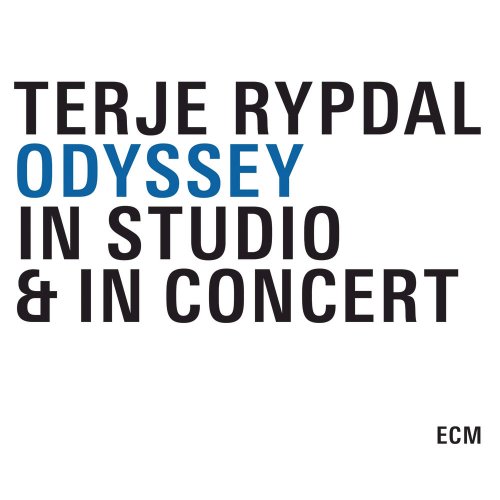
Artist: Terje Rypdal
Title: Odyssey: In Studio & In Concert
Year Of Release: 2012
Label: ECM Records
Genre: Contemporary Jazz
Quality: FLAC (tracks, booklet) [96kHz/24bit]
Total Time: 2:35:18
Total Size: 2.91 GB
WebSite: Album Preview
Tracklist:Title: Odyssey: In Studio & In Concert
Year Of Release: 2012
Label: ECM Records
Genre: Contemporary Jazz
Quality: FLAC (tracks, booklet) [96kHz/24bit]
Total Time: 2:35:18
Total Size: 2.91 GB
WebSite: Album Preview
Odyssey I
01. Darkness Falls 03:38
02. Midnite 16:40
03. Adagio 13:15
04. Better Off Without You 7:31
Odyssey II
05. Over Birkerot 04:53
06. Fare Well 11:25
07. Ballade 06:00
08. Rolling Stone 23:55
Unfinished Highballs
09. Unfinished Highballs 03:52
10. The Golden Eye 14:04
11. Scarlet Mistress 12:25
12. Dawn 12:29
13. Dine and Dance to the Music of the Waves 11:40
14. Talking Back 07:10
15. Bright Lights - Big City 06:15
Personnel:
Terje Rypdal - Electric Guitar, Acoustic Guitar, Synthesizer, Soprano Saxophone
Torbjørn Sunde - Trombone
Brynjulf Blix - Organ, Synthesizer, Electric Piano
Sveinung Hovensjø - Bass Guitar
Svein Christiansen - Drums
Terje Rypdal‘s Odyssey: In Studio & In Concert is a very special release. It includes not only the complete Odyssey album (recorded 1975) in high-resolution audio (Studio Master) for the first time (restoring the long track Rolling Stone to its rightful place), but also a full disc of previously unreleased material on which Terje Rypdal s Odyssey band is augmented by the Swedish Radio Jazz Group in a 1976 live performance of Rypdal s suite Unfinished Highballs.
In the liner notes, Rypdal tells John Kelman, Odyssey was my first major band, and the music was different too because, more and more, I was writing music in two layers one thing going on with the bass and drums, and rubato playing layered over the top. It was the first time I d to connect with a band, more about writing together with improvisation. It was a challenge; I was trying to bring together the composer and the player. Rypdal s ideas of form and freedom are beautifully sculpted and registered in Manfred Eicher s widescreen production.
John Kelman: The release of Odyssey in its entirety, along with the significant revelations of Unfinished Highballs , comes when Rypdal is in a period of renewed creativity and activity, making it especially relevant as a more complete document of how confluence, at an early stage in his career, ultimately led to the further multidisciplinary junctions that keep his music as fresh and relevant as he approaches 65.
I‘m very happy this is coming out , Rypdal says, because I ve been asked, before Crime Scene was released, if I d written anything for big band. I think this is a very important part of my career: I m very glad Rolling Stone is finally coming out; and Unfinished Highballs will be a surprise to a lot of people. That s what I really like about this box that it can accomplish both at the same time.
Rypdal was one of Manfred Eicher’s first major finds, brought to inter national attention alongside other influential Norwegians including saxo phonist Jan Garbarek, bassist Arild Andersen and drummer Jon Christensen. As early as his eponymous 1971 ECM debut, Rypdal was already demonstrat ing a desire to find new means of expression based on the seamless merging of touchstones that included jazz, rock and classical music. That album’s hypnotic opener, “Keep It Like That – Tight” was named after a whispered utterance by Miles Davis during the recording of his seminal 1970 classic, Bitches Brew, and if it reflected an allegiance to the American trumpeter’s own cross_pollinating predilections, it also demonstrated even greater atten tion to space and nuance, while “Rainbow” reflected Rypdal’s affection for the music of composer György Ligeti, albeit with the unpredictable wildcard of an improvisational context.
In the liner notes, Rypdal tells John Kelman, Odyssey was my first major band, and the music was different too because, more and more, I was writing music in two layers one thing going on with the bass and drums, and rubato playing layered over the top. It was the first time I d to connect with a band, more about writing together with improvisation. It was a challenge; I was trying to bring together the composer and the player. Rypdal s ideas of form and freedom are beautifully sculpted and registered in Manfred Eicher s widescreen production.
John Kelman: The release of Odyssey in its entirety, along with the significant revelations of Unfinished Highballs , comes when Rypdal is in a period of renewed creativity and activity, making it especially relevant as a more complete document of how confluence, at an early stage in his career, ultimately led to the further multidisciplinary junctions that keep his music as fresh and relevant as he approaches 65.
I‘m very happy this is coming out , Rypdal says, because I ve been asked, before Crime Scene was released, if I d written anything for big band. I think this is a very important part of my career: I m very glad Rolling Stone is finally coming out; and Unfinished Highballs will be a surprise to a lot of people. That s what I really like about this box that it can accomplish both at the same time.
Rypdal was one of Manfred Eicher’s first major finds, brought to inter national attention alongside other influential Norwegians including saxo phonist Jan Garbarek, bassist Arild Andersen and drummer Jon Christensen. As early as his eponymous 1971 ECM debut, Rypdal was already demonstrat ing a desire to find new means of expression based on the seamless merging of touchstones that included jazz, rock and classical music. That album’s hypnotic opener, “Keep It Like That – Tight” was named after a whispered utterance by Miles Davis during the recording of his seminal 1970 classic, Bitches Brew, and if it reflected an allegiance to the American trumpeter’s own cross_pollinating predilections, it also demonstrated even greater atten tion to space and nuance, while “Rainbow” reflected Rypdal’s affection for the music of composer György Ligeti, albeit with the unpredictable wildcard of an improvisational context.
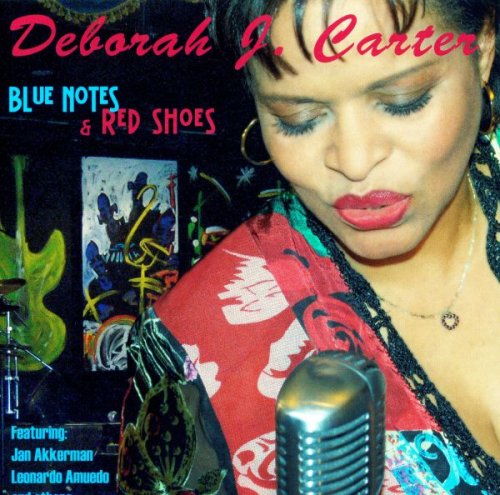
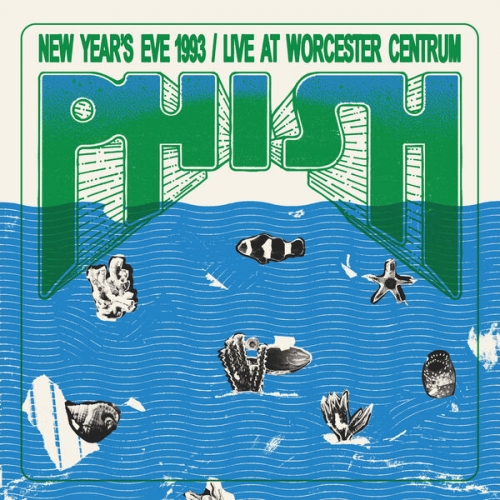
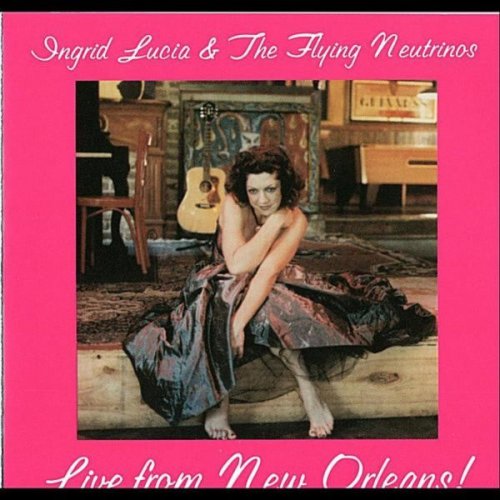
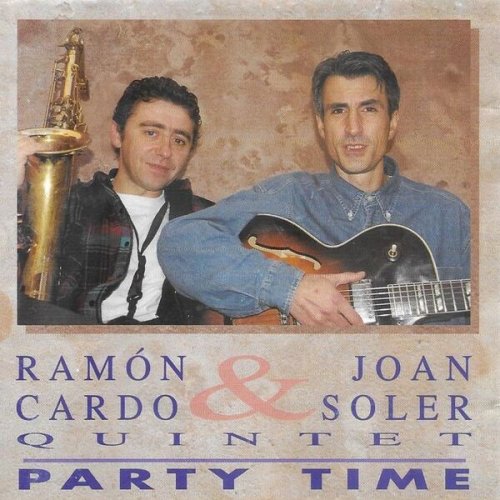
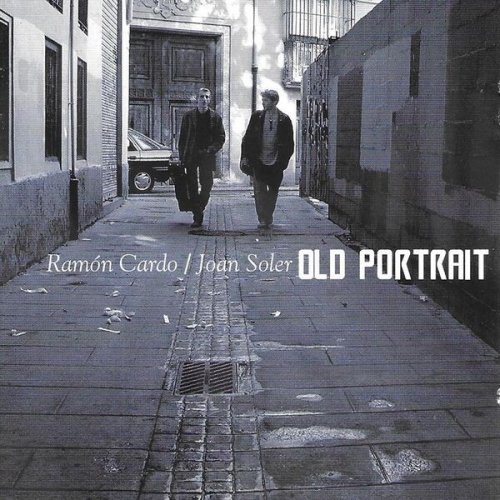
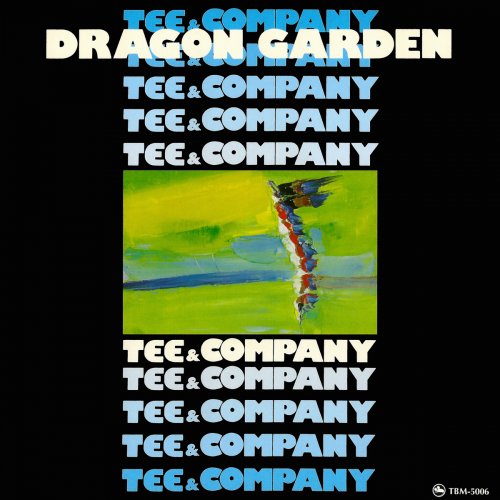
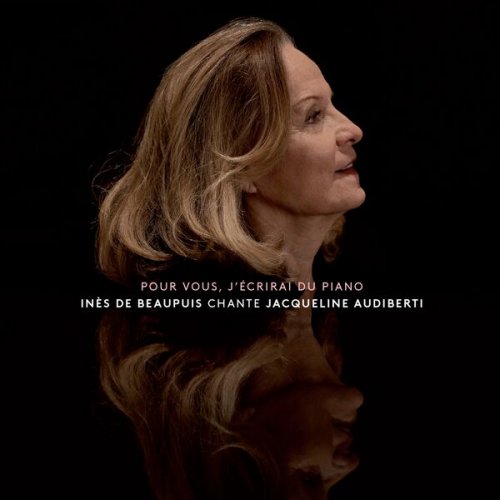
![Jan Harbeck Quartet - Arena (2026) [Hi-Res] Jan Harbeck Quartet - Arena (2026) [Hi-Res]](https://img.israbox.com/img/2026-02/21/ta1geqbunymda1vazij2b7te7.jpg)
![Bop Juice - Live at Smalls (2026) [Hi-Res] Bop Juice - Live at Smalls (2026) [Hi-Res]](https://www.dibpic.com/uploads/posts/2026-02/1771597003_cover.jpg)